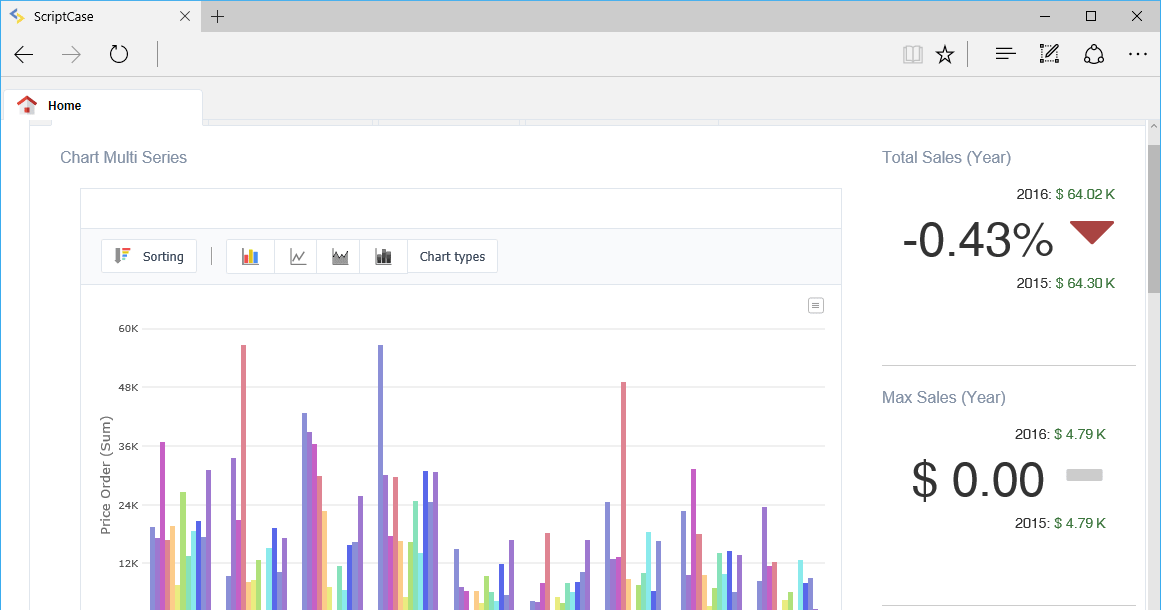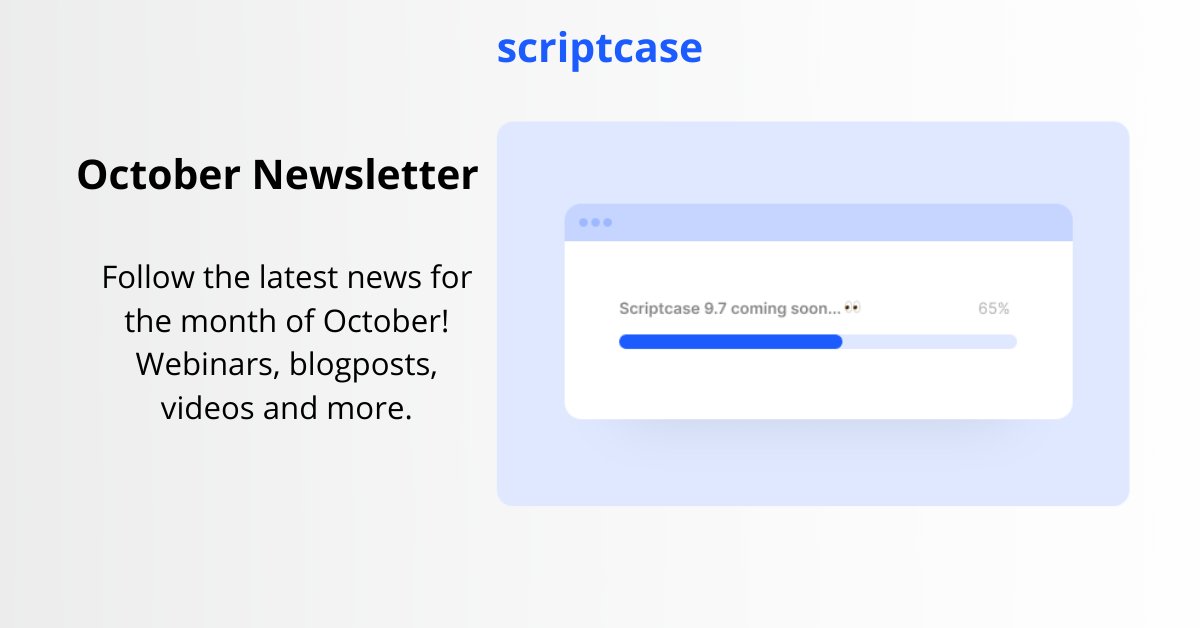

If it is not filled it will get the Grid default background color. Background color : Here you can set the background color.It can be aligned to the top, middle, or End. Vertical Alignment : This option sets the Nested Grid vertical alignment.Horizontal Alignment : This option sets the Nested Grid horizontal alignment.

These options will only appear if all of the following conditions are true: Attribute If the value of one of the attributes in the Nested Grid settings has been selected as “Set Individually”, these values must be configured in the Nested Grid editing screen for each called link.
Inherit view : When marked it sets that the Nested Grid view will be equal to that of the main Grid. * _2_ : Sequential display (number line). Display : This attribute allows you to set which Nested Grid items, if it uses any of these resources, will be displayed in the main Grid. To change any link attribute just click to edit Link. Link : In this attribute are displayed the current Nested Grid connection data, showing the application and parameters used. Label : Nested Grid title for the application. This interface can be used to edit the following Nested Grid attributes: By clicking on the Nested Grid name there will be an interface for settings editing. Save button : By clicking this button the Nested Grid creation will be completed and saved.Īll Nested Grid links created will placed within its menu options, inside the folder “Links”. Empty : Choosing this option will not be assigned any value as a parameter. Fix : Used to assign a fixed value as a parameter.  Field : Used to assign a Grid field value as a parameter. In the screen above, on the left side, it is displayed the Nested Grid input parameters (global variables created within the Nested Grid WHERE clause), on the right side, you must select the parameter option. Parameters setting : Setting the value that will be passed to the variable(s) of the Nested Grid SQL statement. SQL query configuration to the Grid be used as Nested Grid. For an application to be used as a Nested Grid, it must have within its SQL command (Grid > SQL) a WHERE clause with a global variable to receive the parameters from the main Grid. Application list : All Grid applications from current project, that contain global variables, will be listed. Adding a new Nested Grid : Enter the name and the label for the link that will be created. To create a Nested Grid link click on the “New link” within the Link folder. The options are: left, right and Center.Īny of the attributes that use the value “Set individually” requires the property to be configured on each created link settings.
Field : Used to assign a Grid field value as a parameter. In the screen above, on the left side, it is displayed the Nested Grid input parameters (global variables created within the Nested Grid WHERE clause), on the right side, you must select the parameter option. Parameters setting : Setting the value that will be passed to the variable(s) of the Nested Grid SQL statement. SQL query configuration to the Grid be used as Nested Grid. For an application to be used as a Nested Grid, it must have within its SQL command (Grid > SQL) a WHERE clause with a global variable to receive the parameters from the main Grid. Application list : All Grid applications from current project, that contain global variables, will be listed. Adding a new Nested Grid : Enter the name and the label for the link that will be created. To create a Nested Grid link click on the “New link” within the Link folder. The options are: left, right and Center.Īny of the attributes that use the value “Set individually” requires the property to be configured on each created link settings.  Alignment : Allows you to set the Nested Grid alignment in the main Grid interface when “Position” is set set as Below the record. The options are:ĭisplaying the Nested Grid in the same row of the main Grid record.ĭisplaying the Nested Grid in a separate row of the main Grid record. You will be able to position the Nested Grid within the records. This option is not available if you enable “Title in the same line”. Position : This option allows you to configure the Nested Grid placement in the main Grid. By choosing “Yes”, the option “Title in the same line” will be automatically disabled. Enable TreeView : This option enables an option to hide/display the Nested Grid within the main Grid records.
Alignment : Allows you to set the Nested Grid alignment in the main Grid interface when “Position” is set set as Below the record. The options are:ĭisplaying the Nested Grid in the same row of the main Grid record.ĭisplaying the Nested Grid in a separate row of the main Grid record. You will be able to position the Nested Grid within the records. This option is not available if you enable “Title in the same line”. Position : This option allows you to configure the Nested Grid placement in the main Grid. By choosing “Yes”, the option “Title in the same line” will be automatically disabled. Enable TreeView : This option enables an option to hide/display the Nested Grid within the main Grid records. PDF : This option allows you to enable/disable the nested grid display in PDF reports.If it is displayed on the same line, Nested Grid table will be incorporated into the main Grid.Įxample using Nested Grid title on the same line. Title in the same line : This attribute enables you to configure the Nested Grid title display.In the application menu, by clicking on the item folder Configuration Nested grids, can be changed the General attributes of the Nested grids. Note the image below in which for each customer is displayed a sub-query with the applications.Ĭustomer Grid with an order nested grid. The main Grid encapsulates other Grids, showing in each of its Nested grids additional data records. Nested grids are used when you need to display hierarchical data, such as customers and their respective applications.








 0 kommentar(er)
0 kommentar(er)
